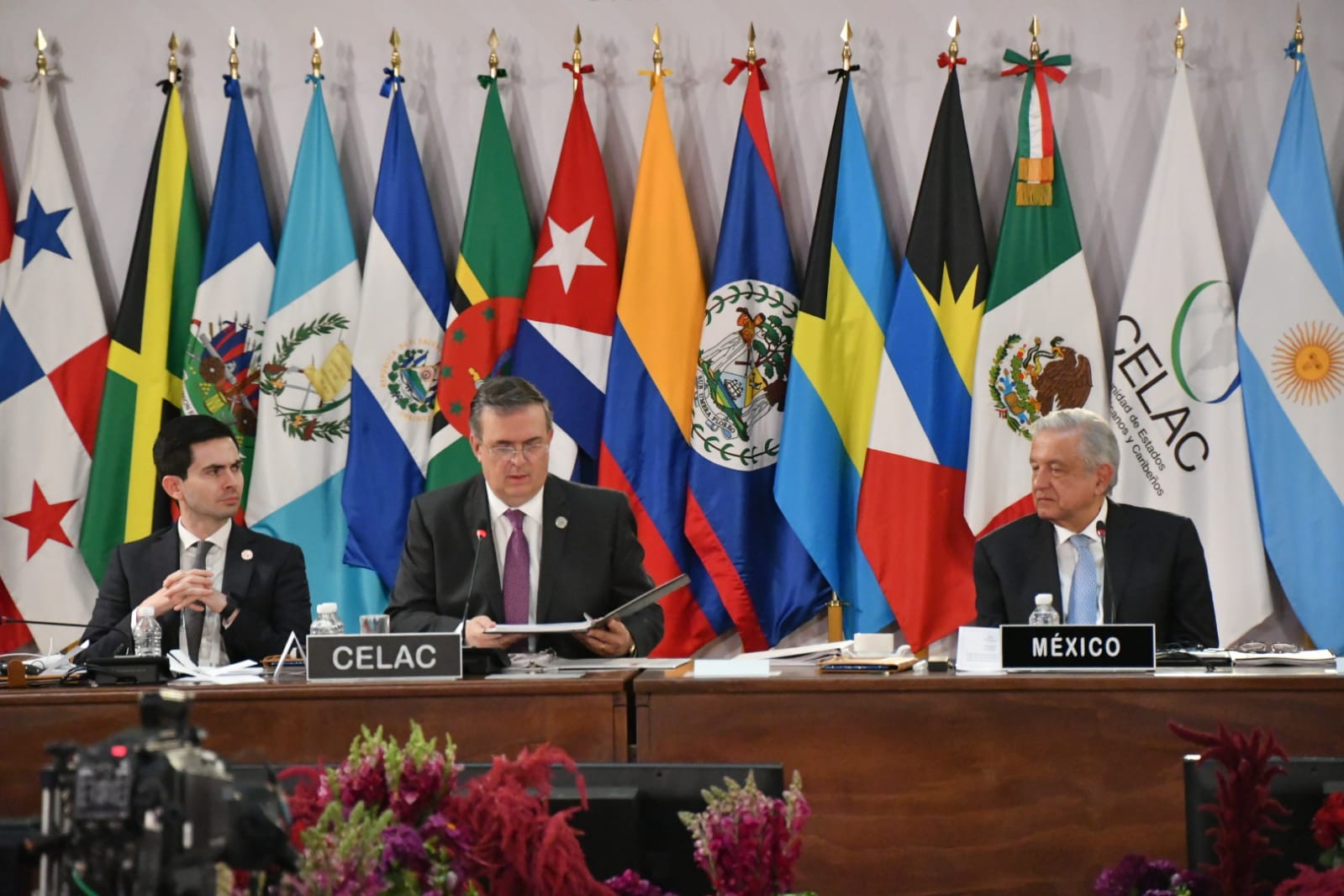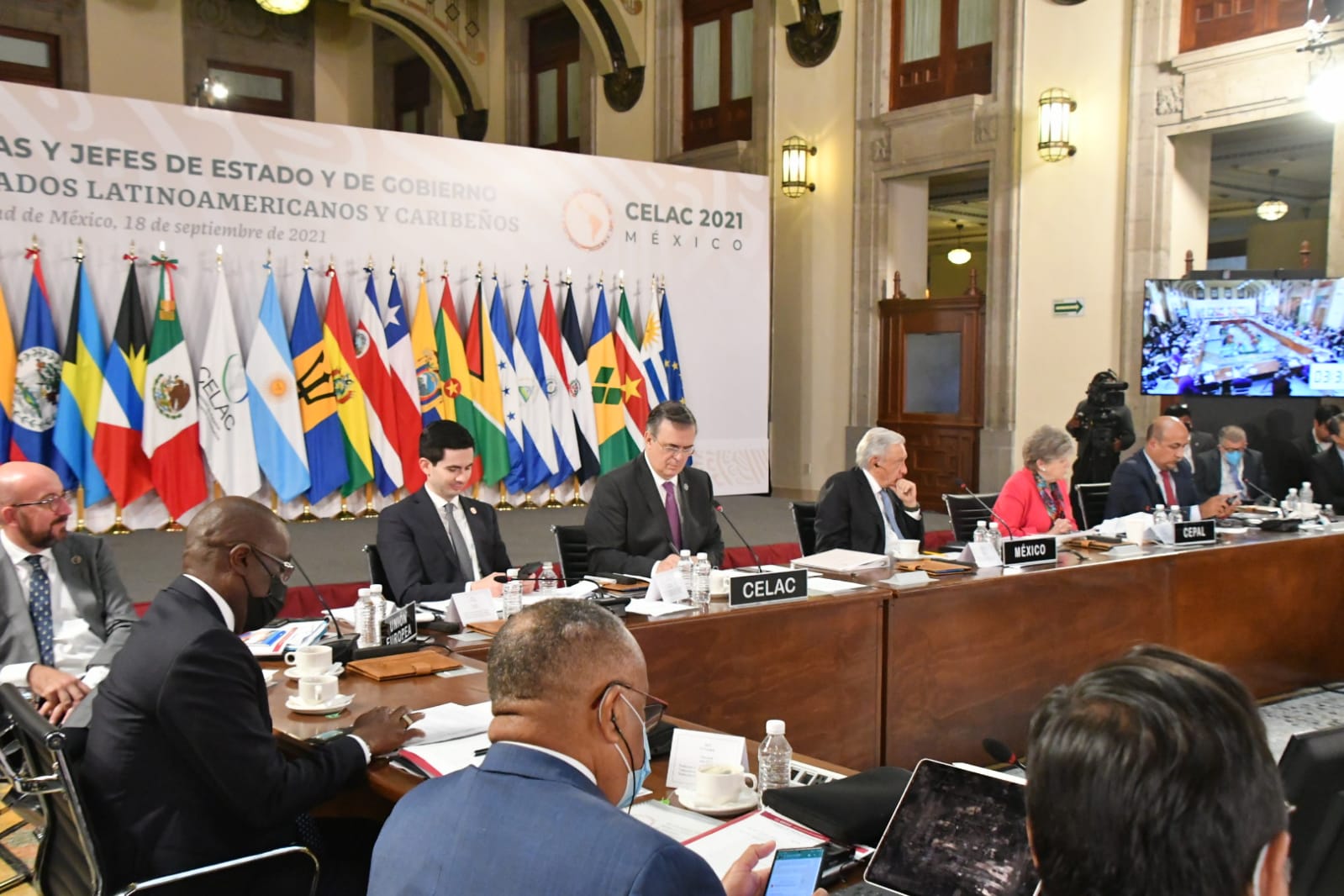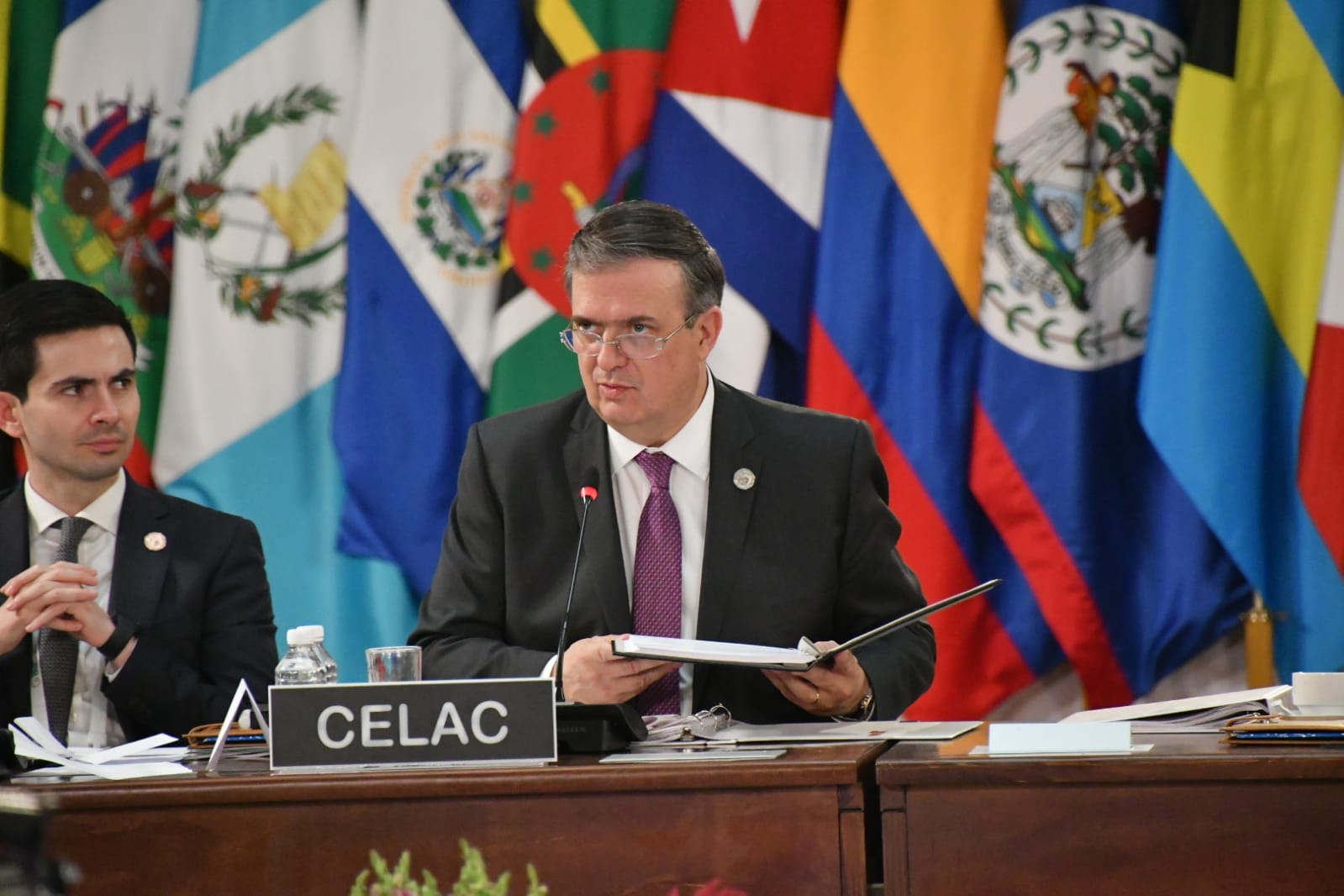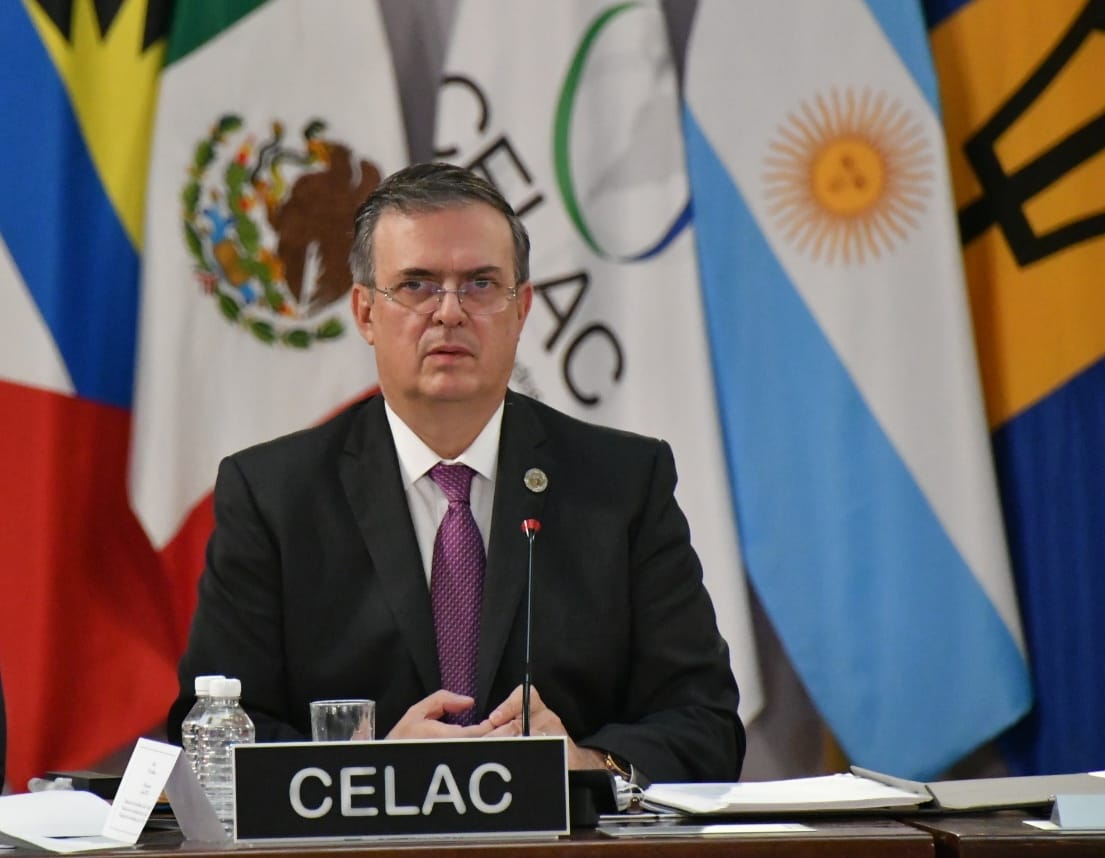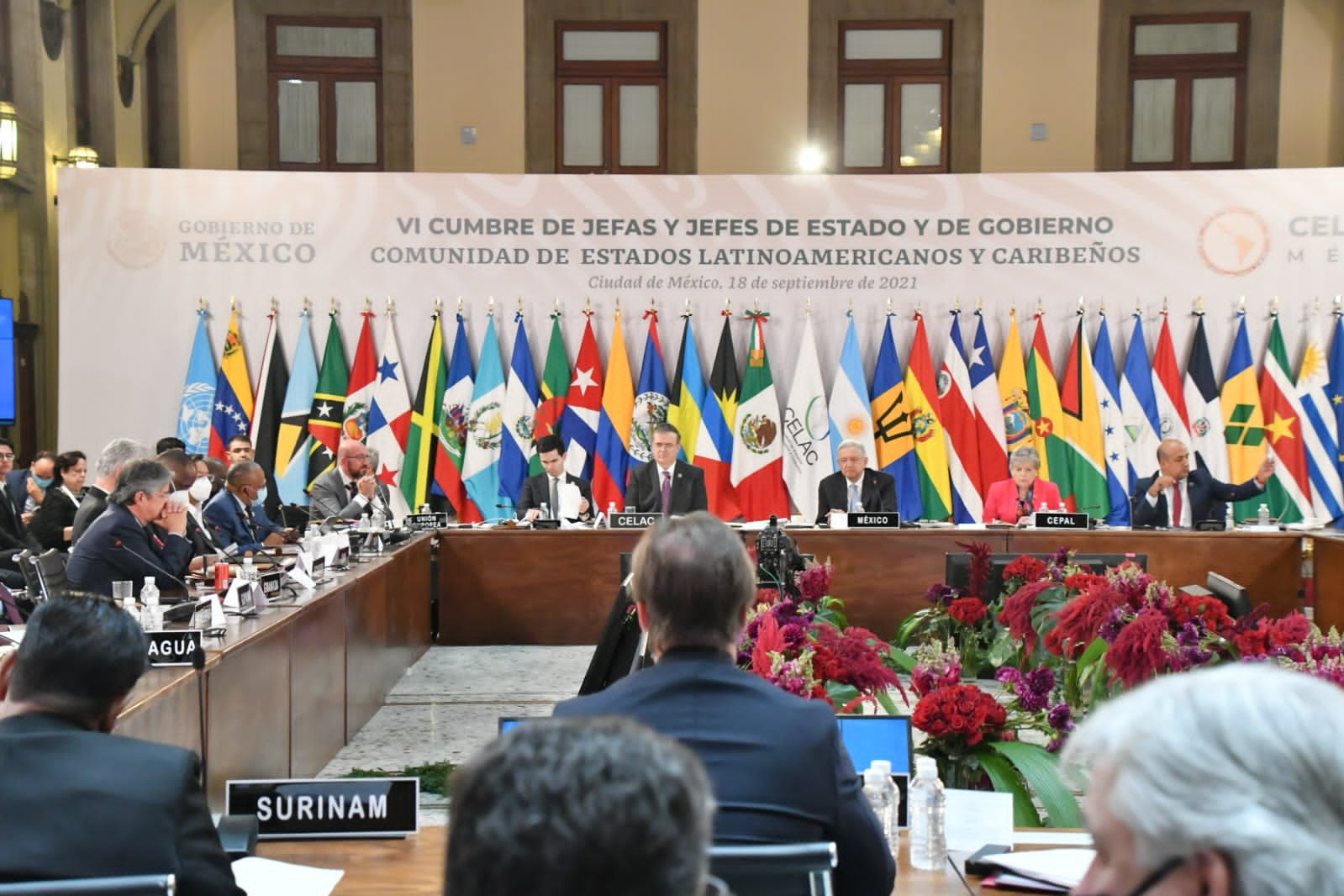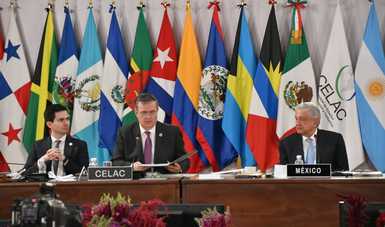The Foreign Ministry reports that the Convention establishing the Latin American and Caribbean Space Agency (ALCE)—an international treaty that will create a mechanism to coordinate regional space activities—was opened for signature on September 18 and signed by 18 Latin American and Caribbean countries.
The ALCE will be an international organization that will coordinate cooperation in space technology, research, exploration, and related applications that contribute to and strengthen the comprehensive and sustainable development of a regional space program that will benefit the Latin American and Caribbean peoples.
The agency will enhance the region's capabilities in Earth observation systems for use in agriculture, natural disasters (droughts, floods, fires, hurricanes), security and surveillance, oceanography, meteorology, exploration of natural resources and urban intelligence and cartography.
The ALCE will be based in Mexico and may establish offices or representations in its member states as needed to carry out its functions. The agency will provide benefits such as improvements to satellite communication systems and the creation of maps of strengths, opportunities, threats, risks and vulnerabilities, which are of particular importance for combating climate change.
Foreign Secretary Marcelo Ebrard, together with the Foreign Ministers of Antigua and Barbuda, Argentina, Bolivia, Costa Rica, Cuba, Dominica, Ecuador, Guatemala, Haiti, Honduras, Nicaragua, Panama, Paraguay, Peru, Saint Lucia, Saint Vincent and the Grenadines, and Venezuela signed the Convention, which will remain open for signature by the other Latin American and Caribbean countries.
The initiative was spearheaded by the Mexican Space Agency, which accompanied the negotiations with the other countries in the region. The Foreign Ministry worked with the Ministry of Communications and Transportation through the Mexican Space Agency to finalize the negotiation of the Convention establishing the ALCE.
